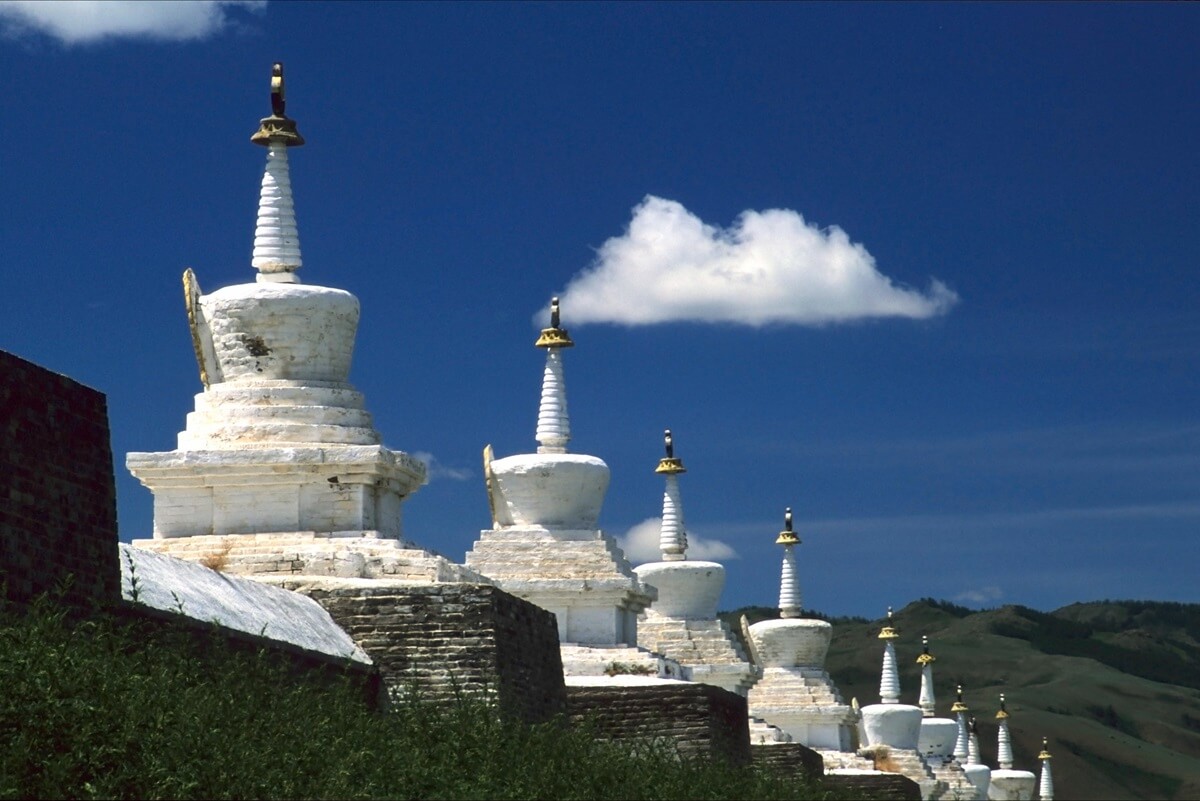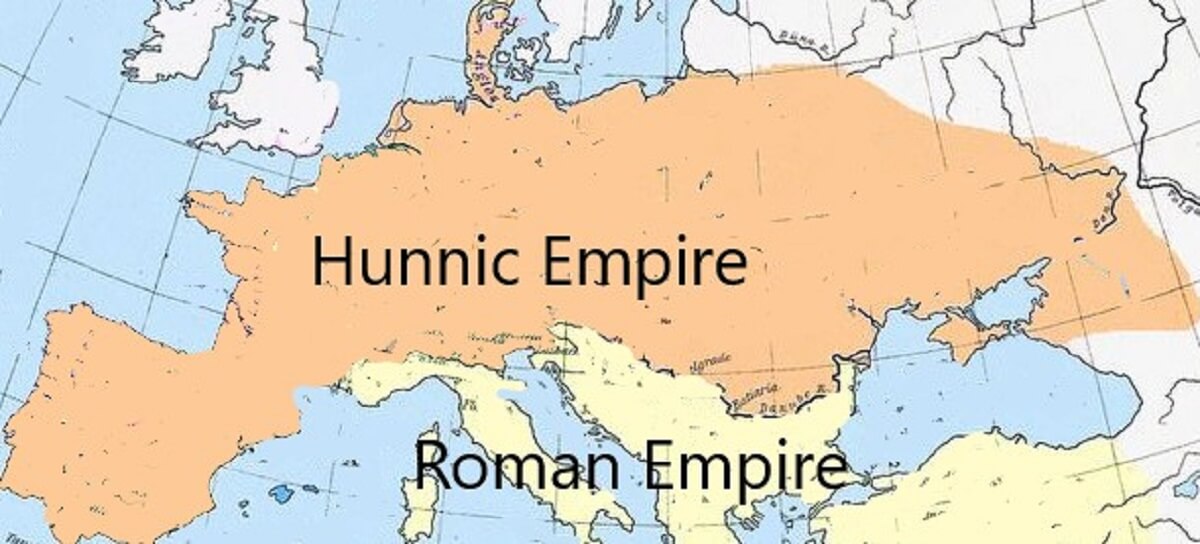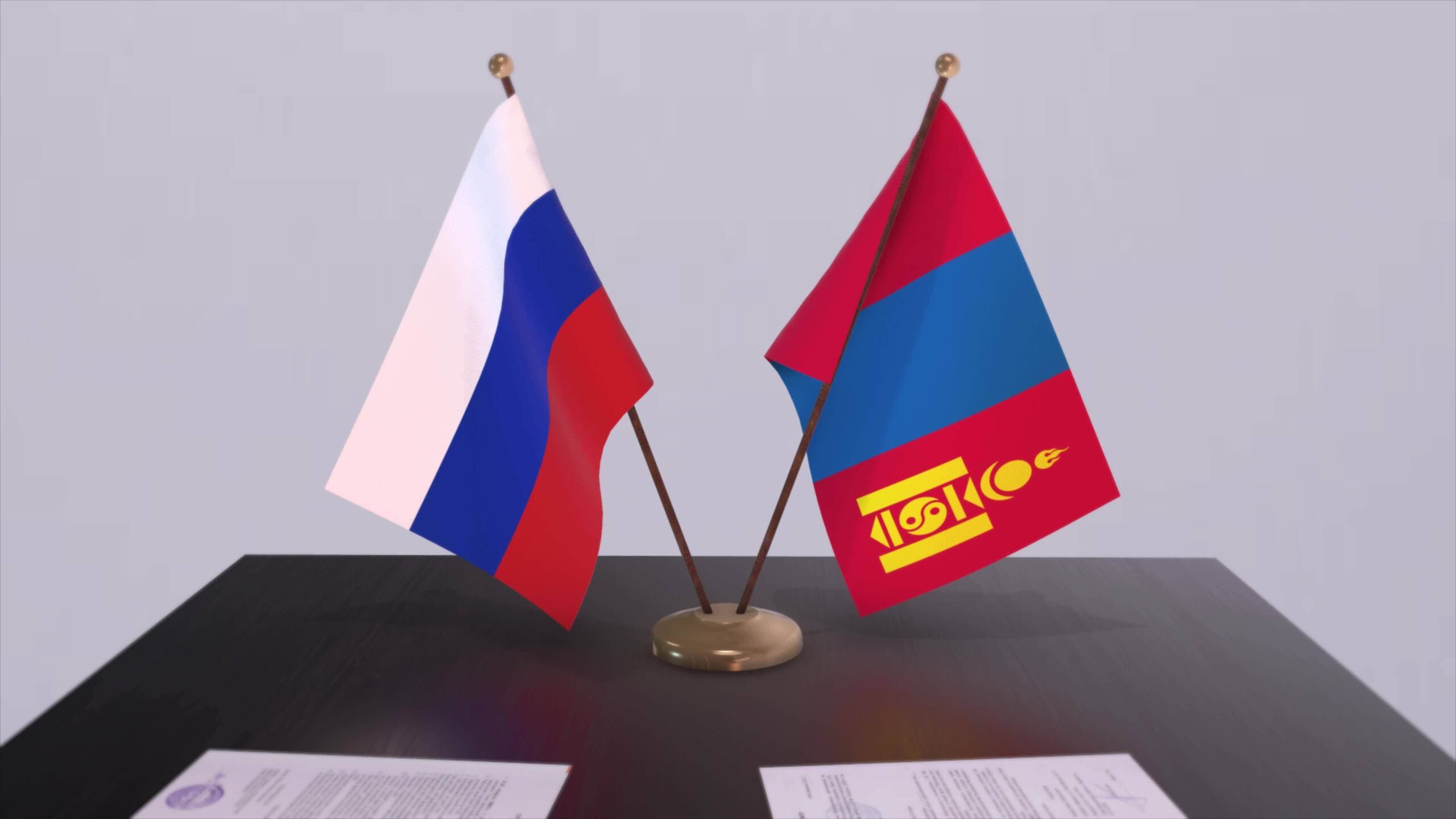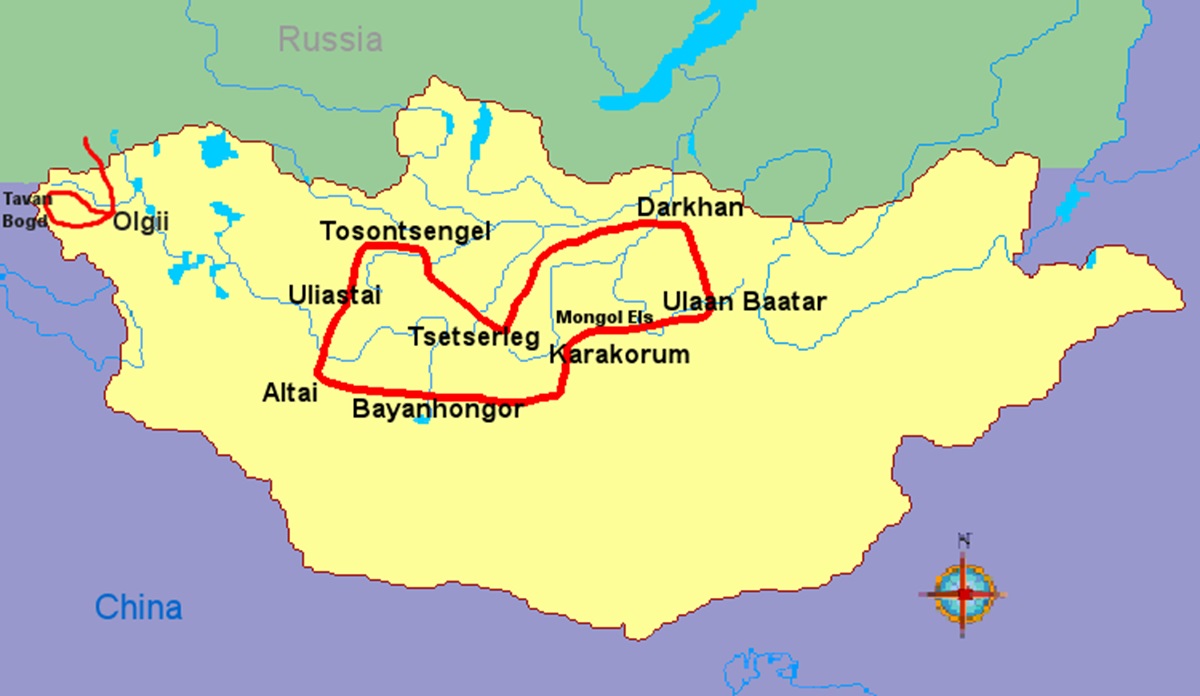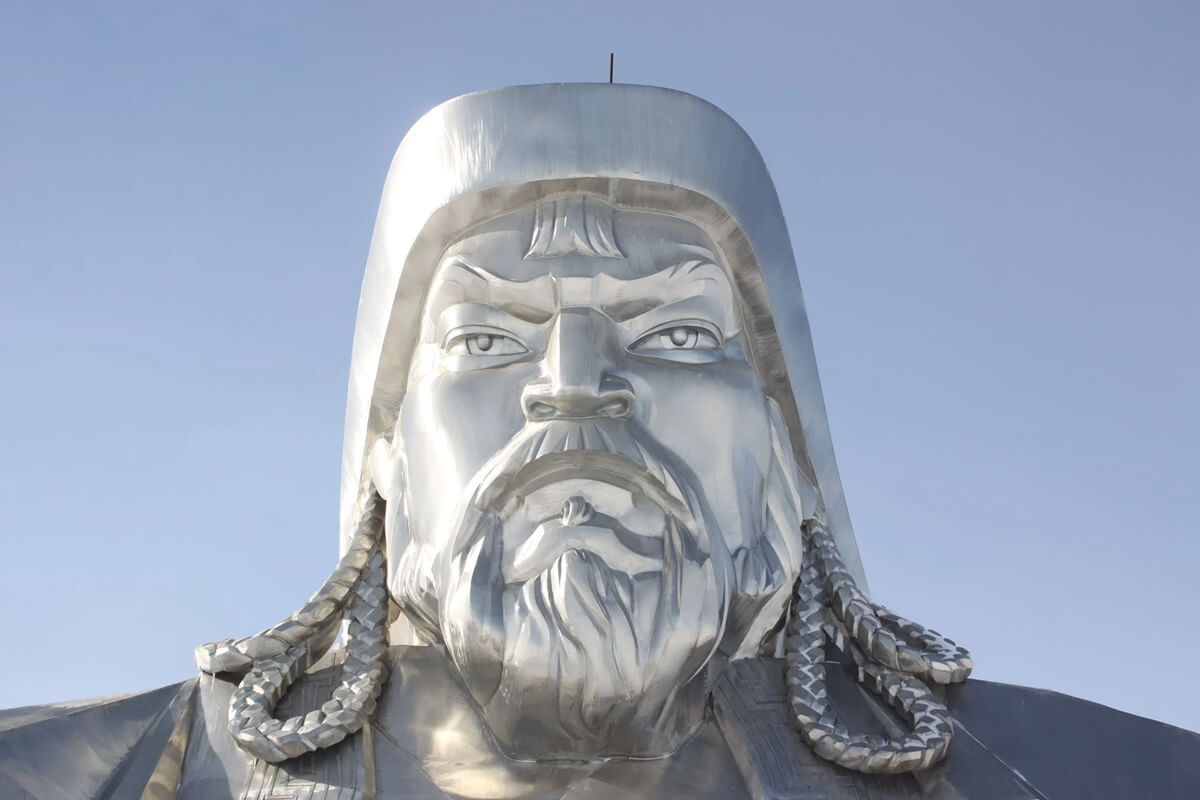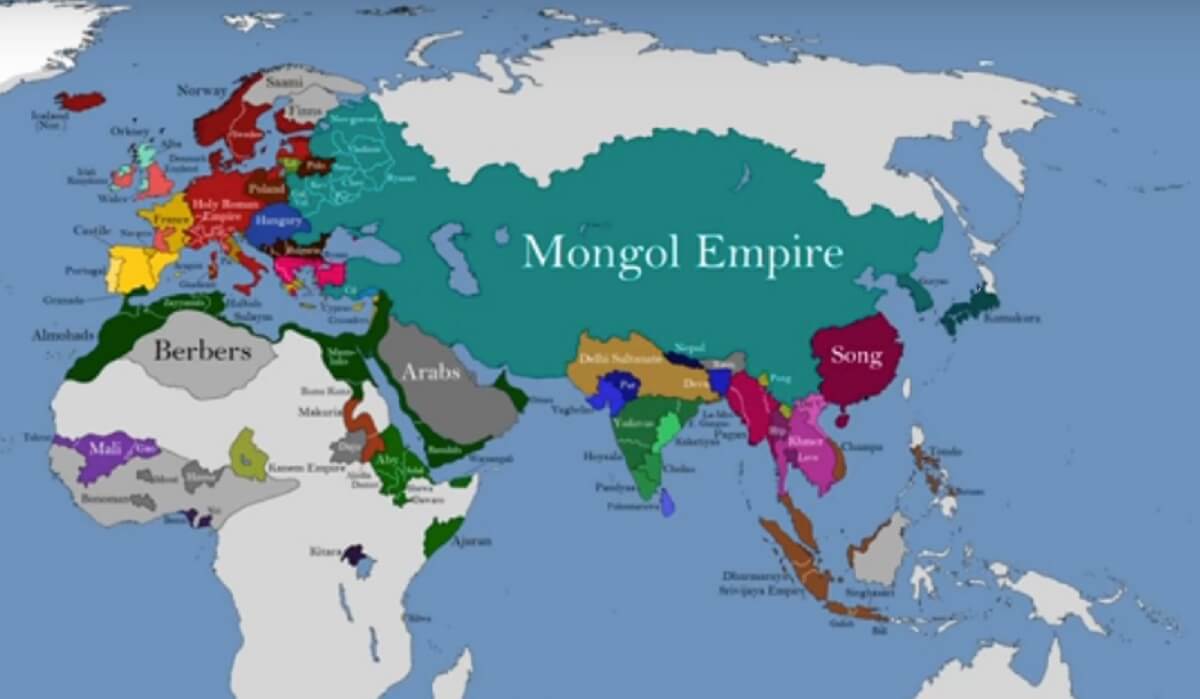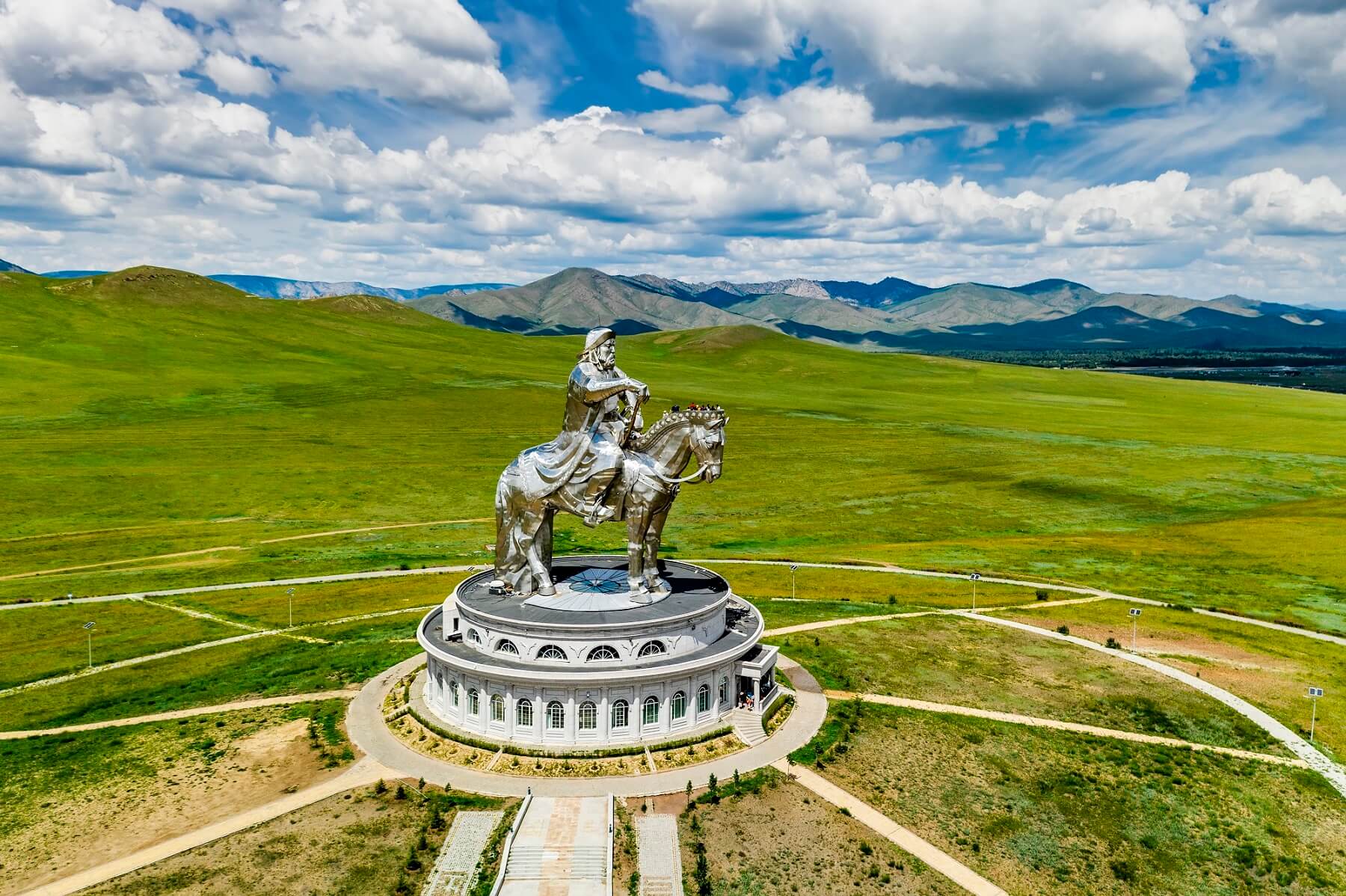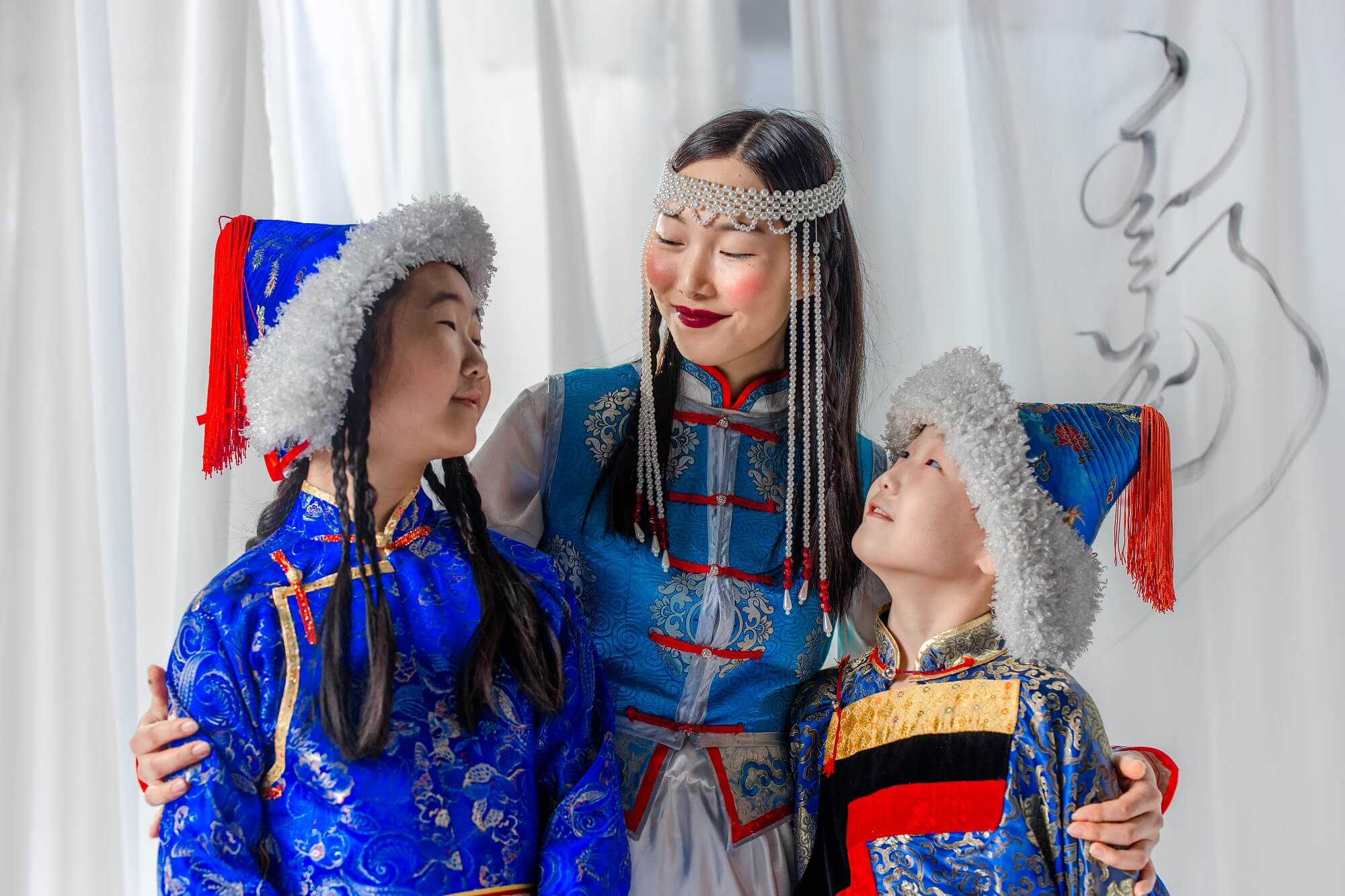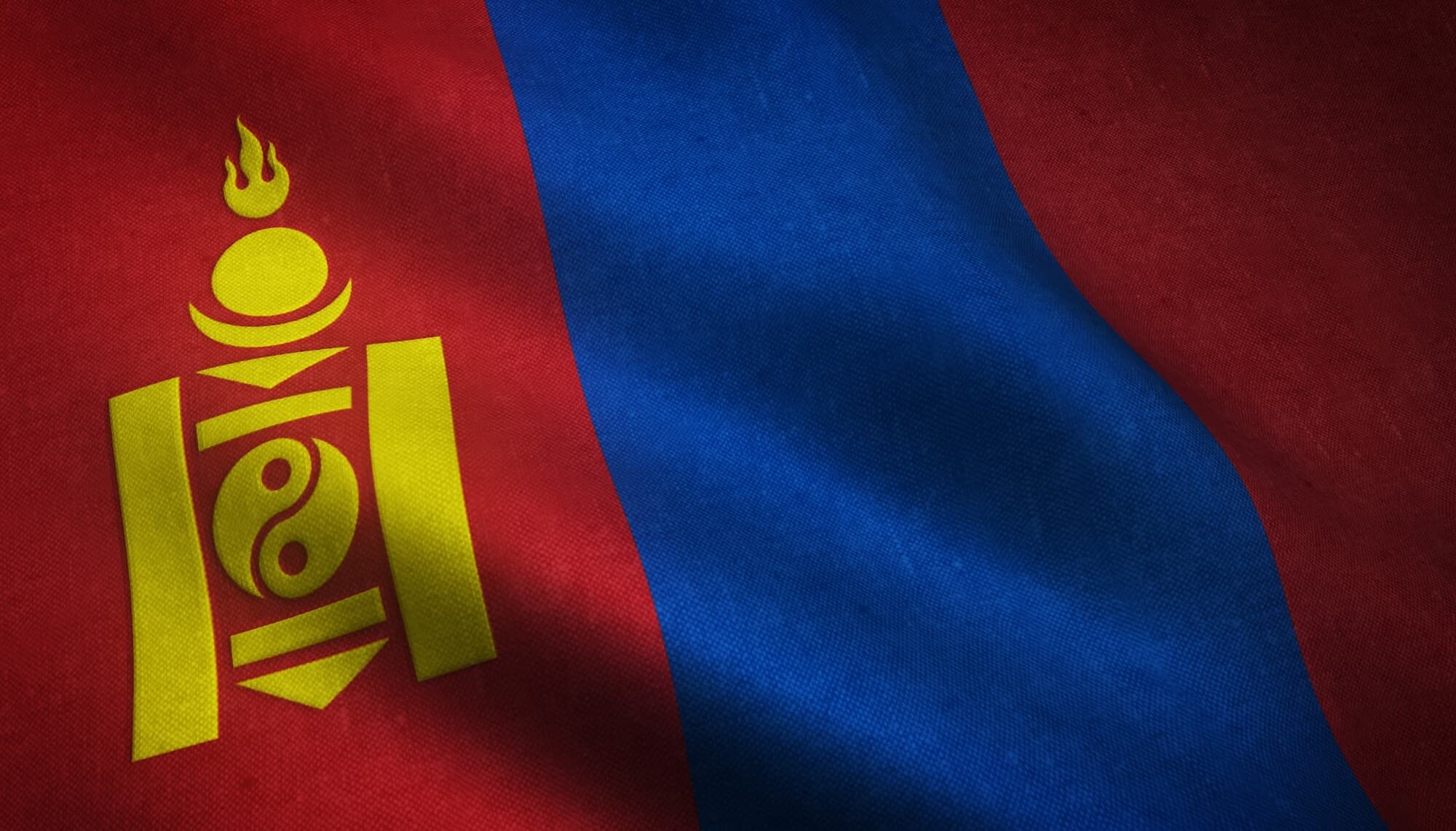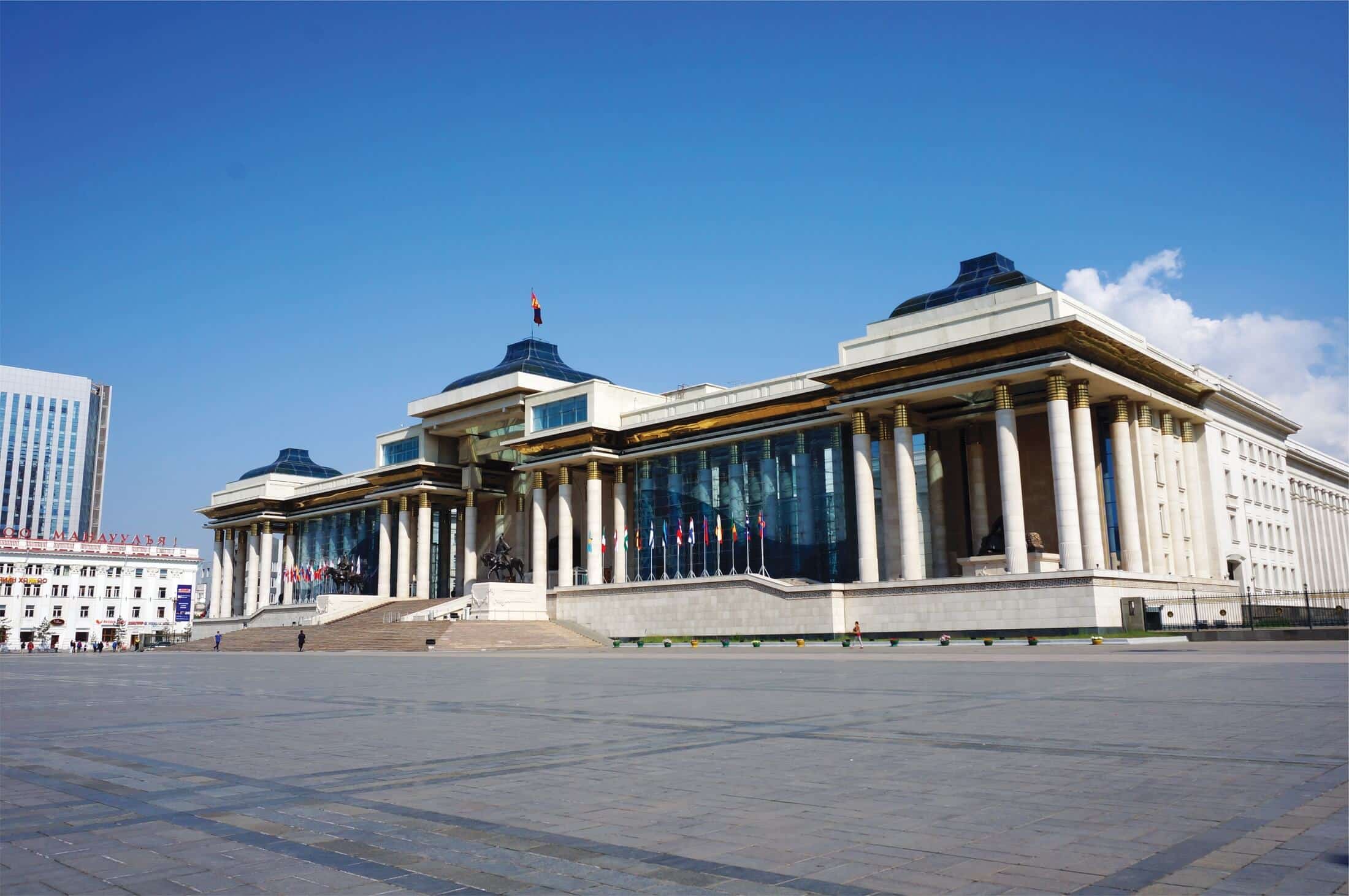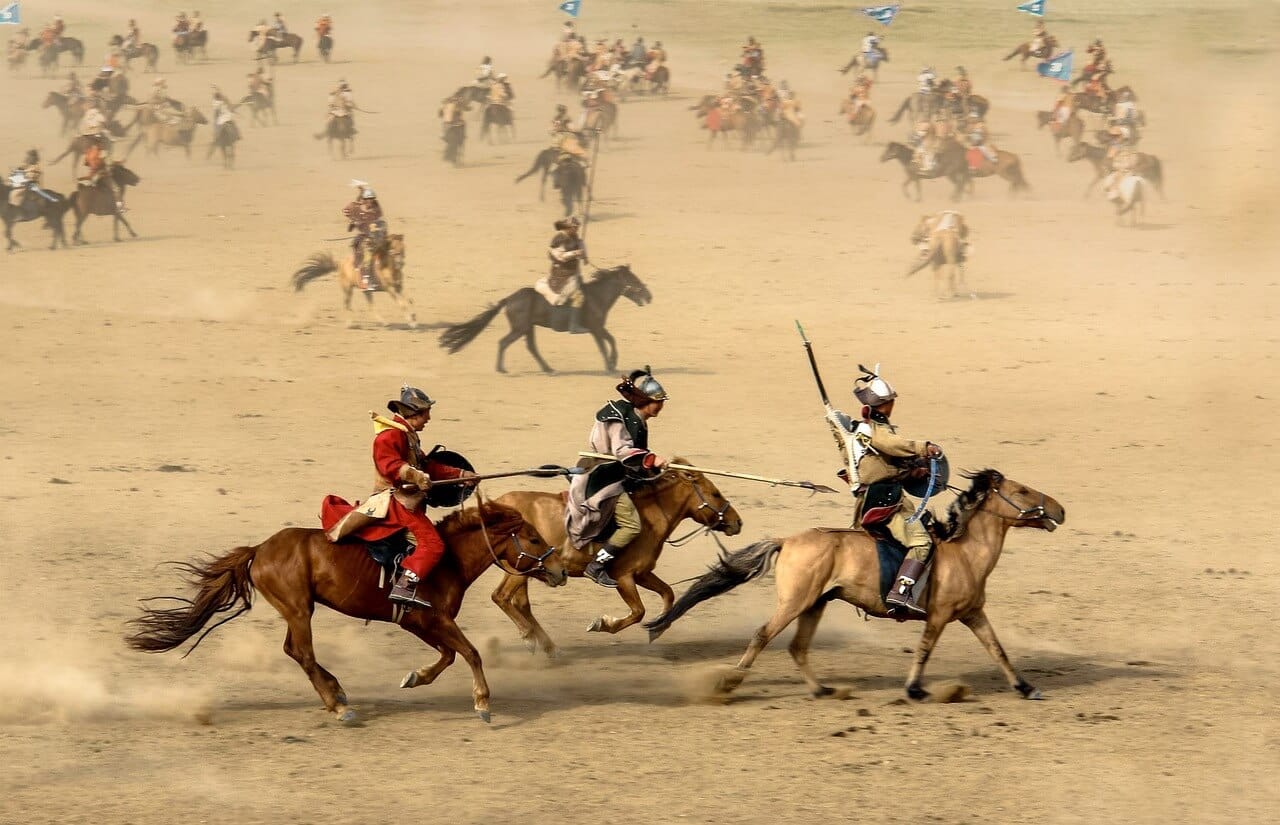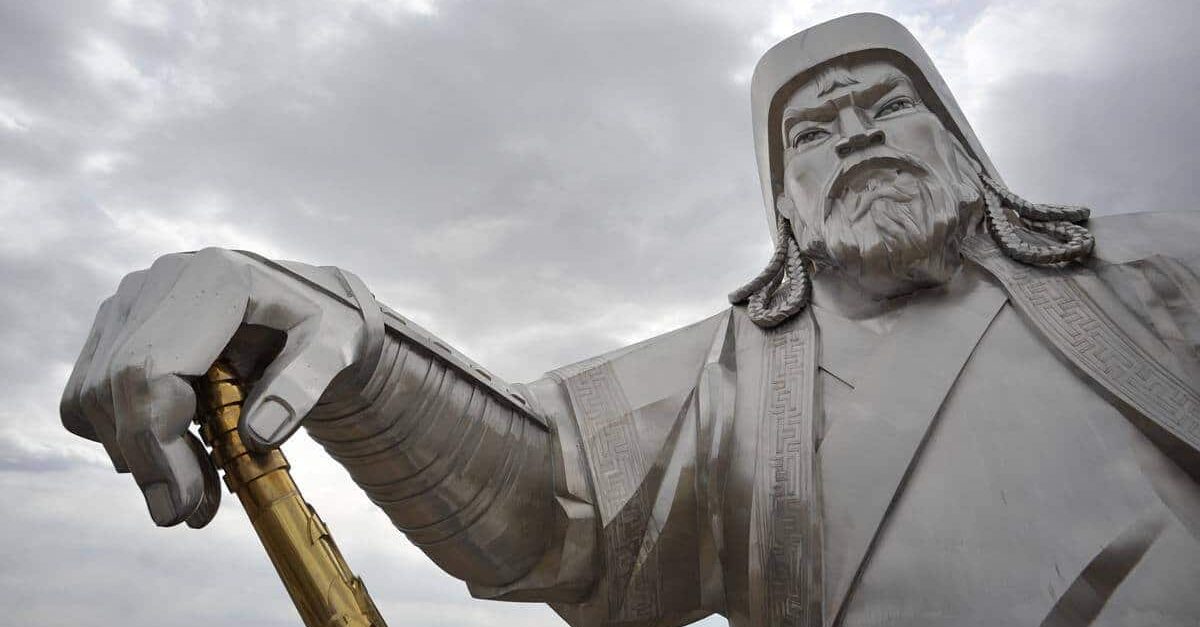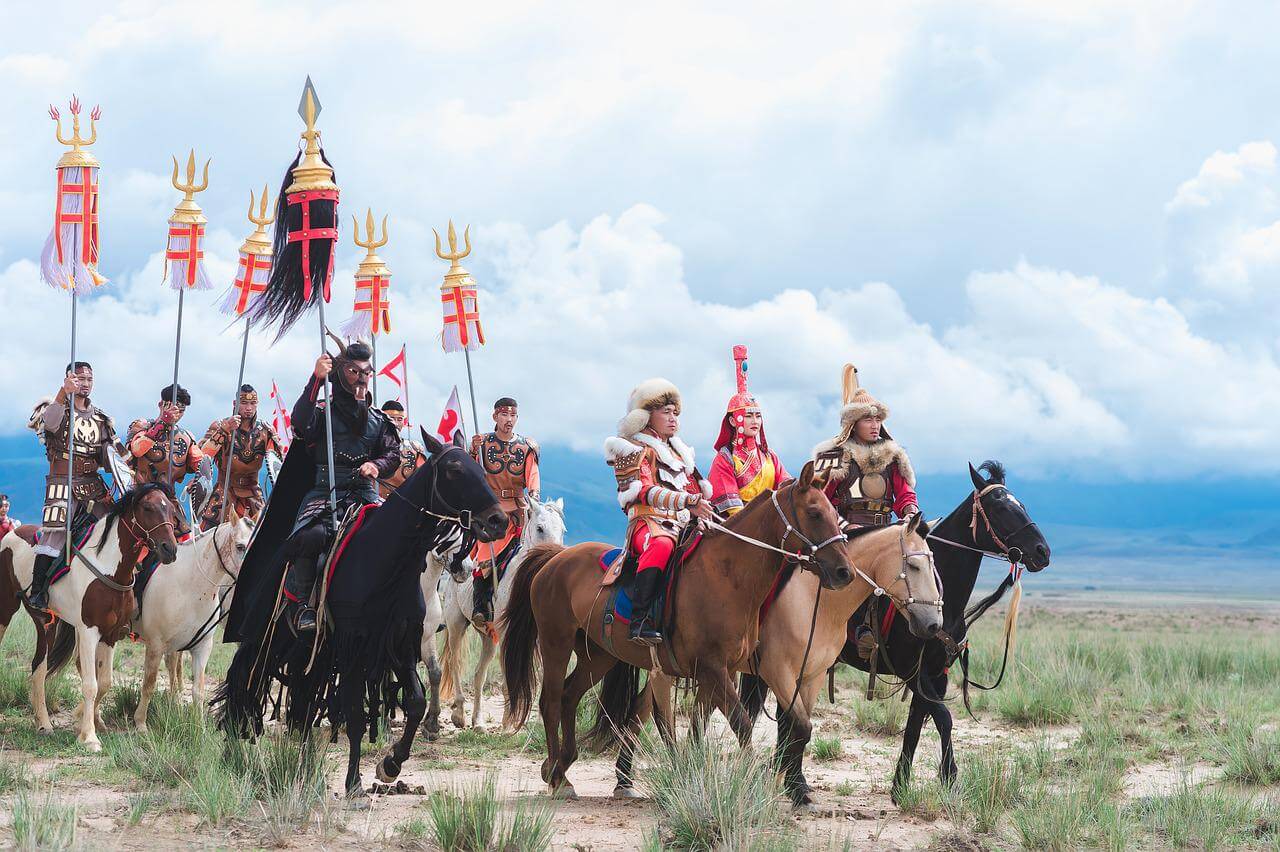Once upon a time in the vast expanse of the 13th century, a name echoed through the steppes that struck awe and reverence: Mongke Khan.
Imagine a world of warriors on horseback, sweeping landscapes, and a leader who left an indelible mark on the pages of history.
Mongke Khan was the 4th Great Khan (Emperor) of the Mongol Empire from 1251 to 1259. He was the grandson of Genghis Khan and the son of Tolui, Genghis Khan’s youngest son. Mongke Khan was a strong leader and expansionist.
Mongke Khan died in 1259 on a campaign against the Song Dynasty in southern China and his death started a period of internal conflict in the Mongol Empire. His death led to the division of the empire with his brothers Kublai and Ariq Böke fighting for the throne.
Early Life and Heritage
Mongke Khan, the fourth Great Khan of the Mongol Empire, rode into power in 1251, following the footsteps of his grandfather Genghis Khan.
Born into the legendary Borjigin clan, Mongke inherited not only the title but also the legacy of a conquering spirit.
Picture this: young Mongke, growing up amidst the endless grasslands, honing his skills in archery and warfare.
His childhood tales would have painted a vivid picture of his grandfather’s conquests – the thundering hooves, the nomadic tents, and the unyielding spirit of the Mongol warriors.
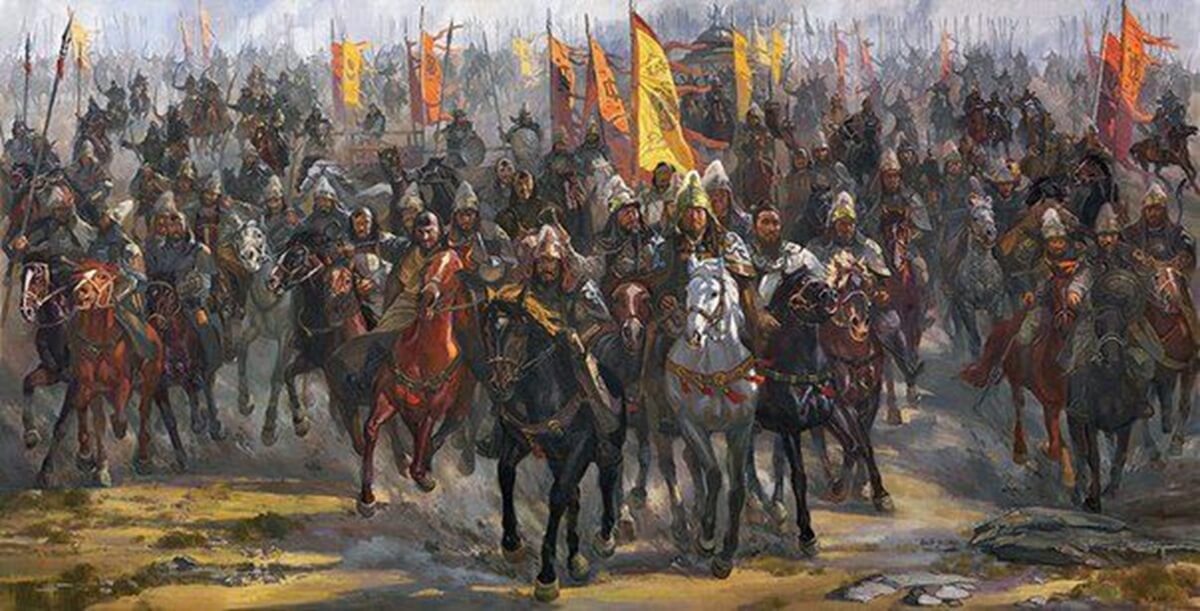
Talk about covering some serious ground! Mongke wasn’t content with just land; he had an eye for administration too. The dude knew how to run an empire.
Military Prowess and Conquests
Mongke Khan wasn’t just a man of the sword; he was a savvy ruler. His reign saw the Mongol Empire stretch from the Danube River to the Korean Peninsula.
Administrative Acumen
But what really set Mongke apart was his diplomatic prowess. He wasn’t all about charging into battles like a wild stallion.
No, he understood the power of alliances and cunning negotiations. The Silk Road wasn’t just a path for trade; it was Mongke’s playground for diplomacy.
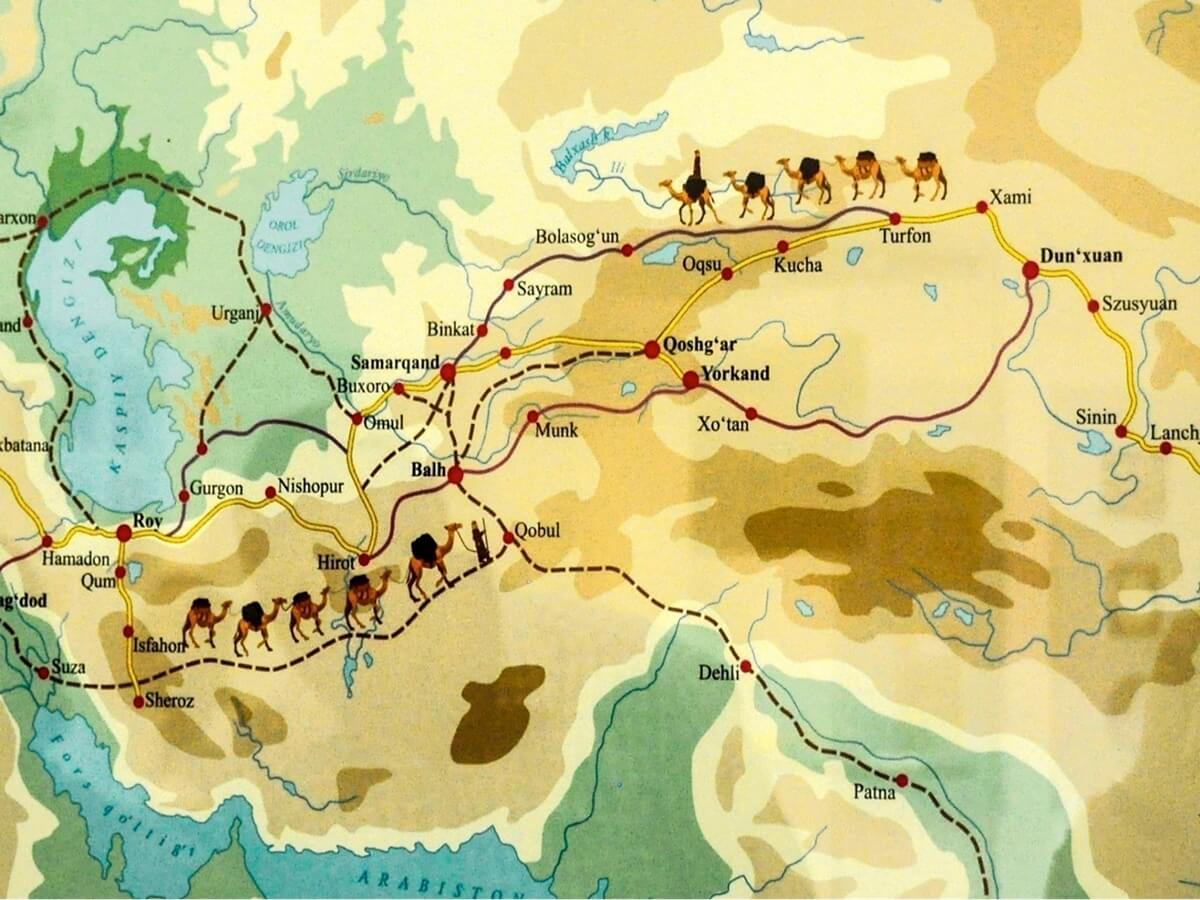
Family and Succession Struggles
Mongke Khan, despite the familial tiffs, emerged as a leader with a vision. He was a man of the people, balancing the nomadic traditions of the Mongols with the demands of a burgeoning empire.
It’s like he had one foot in the saddle and the other in the royal court.
Cultural Patronage
One of the highlights of Mongke’s reign was his fascination with knowledge. He supported scholars, astronomers, and thinkers from all corners of his empire.
The Mongols weren’t just conquerors; they were patrons of intellect, creating a melting pot of ideas that would shape the future.
Campaign Against the Song Dynasty
As with any epic tale, there comes a turning point. Mongke Khan’s journey took a twist in 1259 when he set his sights on the Song Dynasty in China.
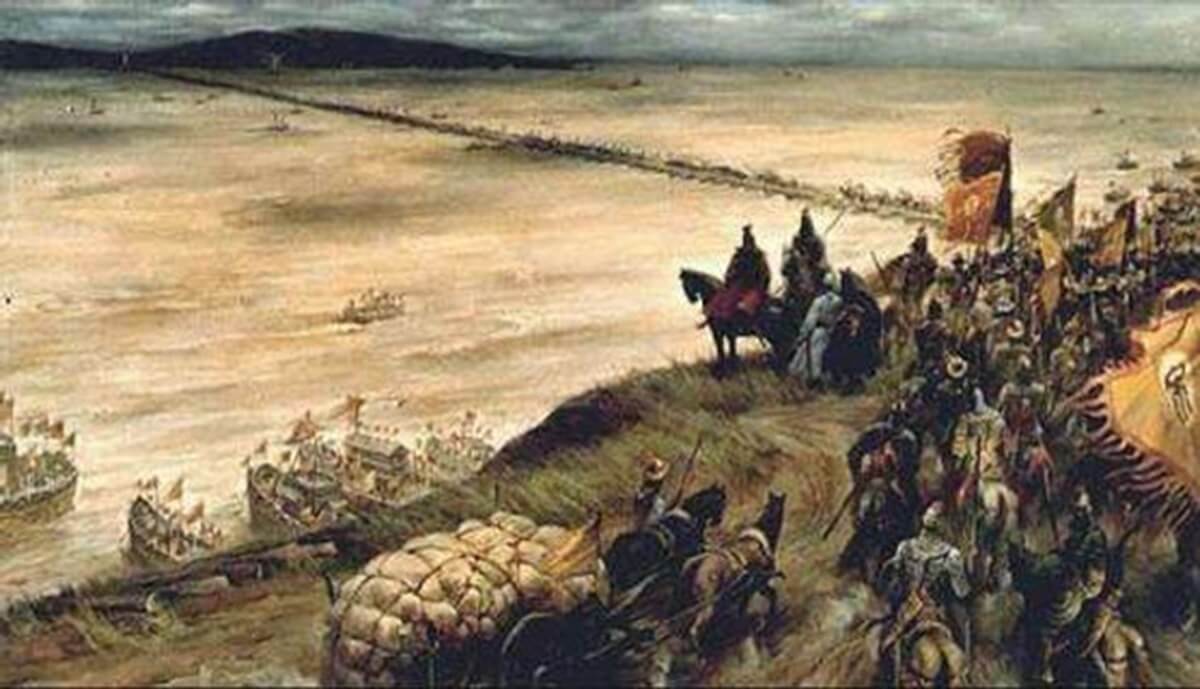
A monumental campaign unfolded, with rivers of history being written in the blood and sweat of warriors.
However, fate played its cards, and in 1260, Mongke Khan, the mighty ruler, took his last breath during the siege of Diaoyu Castle.
Legacy and Passing
The world mourned the passing of a leader who had ridden the winds of change and left an empire in his wake.
Mongke Khan’s legacy continued through his successors, each leaving their mark on the vast canvas of history.
In the end, Mongke Khan wasn’t just a Khan on horseback; he was a visionary, a diplomat, and a warrior-poet shaping an era that echoes through the corridors of time.
His story isn’t just a chapter in history; it’s an epic saga of conquest, diplomacy, and the indomitable spirit of the Mongol Empire. And thus, the tale of Mongke Khan rides on, carried by the winds of the steppes and the whispers of a bygone era.



